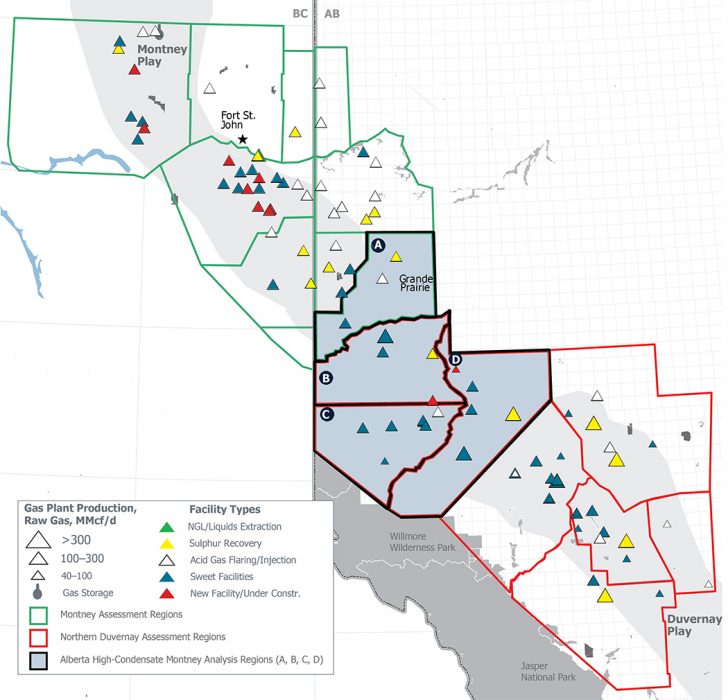Leading performance improvement company for the energy industry launches study to help plants identify opportunities for improving processes and increasing profit margins.
Dallas, TEXAS – July 15, 2016 – HSB Solomon Associates LLC (Solomon), the leading performance improvement company for the global energy industry, announced the launch of its Worldwide Natural Gas Processing Plant Performance Analysis (NGPP Study) for operating year 2016. The study is designed to help plant operators stay competitive with top-performing gas plants in the industry by improving performance in a sustainable manner. The results provides in-depth analysis of top opportunities and estimates of potential cost optimization relative to best performers and selected peer groups. Performance is assessed across energy, operating expense, maintenance/reliability cost, personnel costs, utilization/availability, safety, and environmental.
“Solomon’s NGPP Study relies on our proven Comparative Performance Analysis™ (CPA™) proprietary methodology to normalize facility data to enable reliable “apples-to-apples” comparison of plant performance, both internally and relative to industry top performers,” said Richard Harper, Study Manager for Solomon’s NGPP Study. “Our unique and patented methodology provides participants the visibility to see what the operations of a top-performing gas plant look like and help guide plants in improving future operations.” Typical industry comparisons do not consider the complexity of operations, leading to unreliable benchmarks. By normalizing performance using Solomon’s EDC® metric, the NGPP Study provides valid comparisons to other plants with varying facility configurations.
The NGPP Study examines a plant’s operating and maintenance expenses, process unit utilization and reliability, energy consumption, and staffing requirements to help determine whether maintenance expenditures are contributing to reliable operations that are on par with the rest of the industry. Study results can be used to formulate optimization plans to eliminate shortfalls, establish performance targets, and measure progress using Solomon metrics.
For 2016, Solomon is including both competitive and efficiency perspectives. Indicators based on our EDC® metric measure the competitiveness of assets relative to all other participants, regardless of the overall size of the processing trains. All things being equal, large plants typically are more competitive than small trains. Solomon takes its methodology one step further and provides a set of efficiency indicators that provide operators a measure of how well a train is performing based on its size and configuration. “The efficiency enhancement to the study provides operators insights into improvement opportunities that are often masked by scale and competitive analysis alone, thus providing a much more comprehensive assessment of improvement potential,” said Harper. “Our continually expanding database consists of information and findings from the study participation of more than 55 plants worldwide.”
Key study features include:
- Peer group comparisons based regions, plant type, and plant size.
- Performance group comparisons for all key performance indicators (KPIs).
- Trend data for repeat participants.
- Plant performance rankings versus other study participants.
- Competitive gaps for client plants versus better-performing plants.

.jpg)


.jpg)
.jpg)


